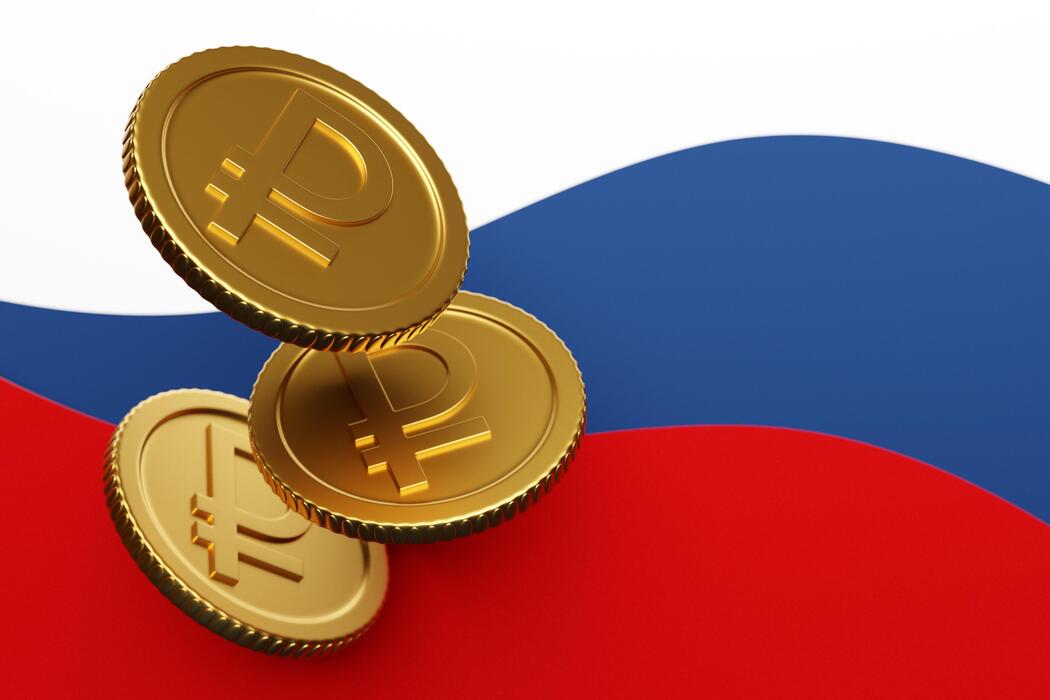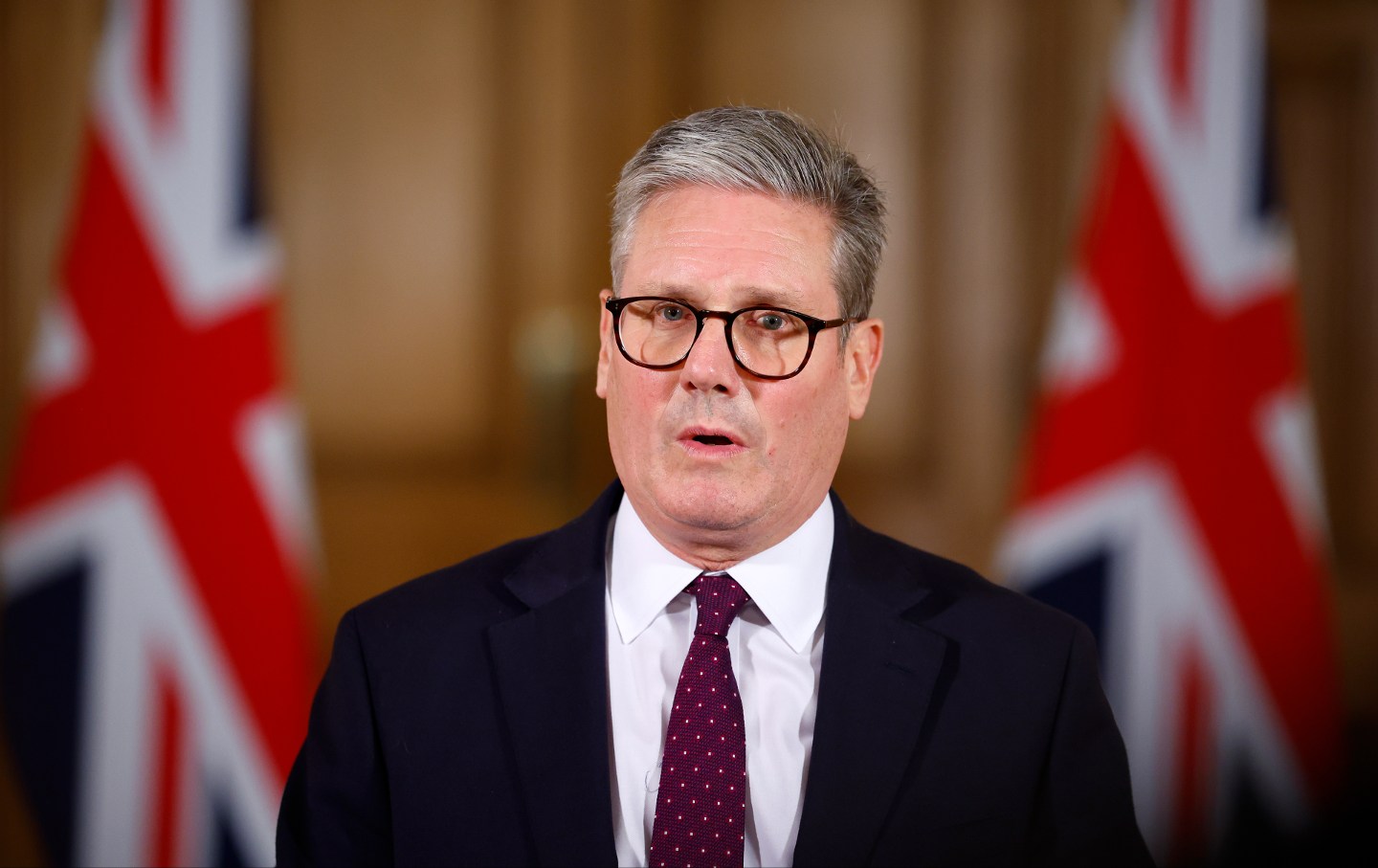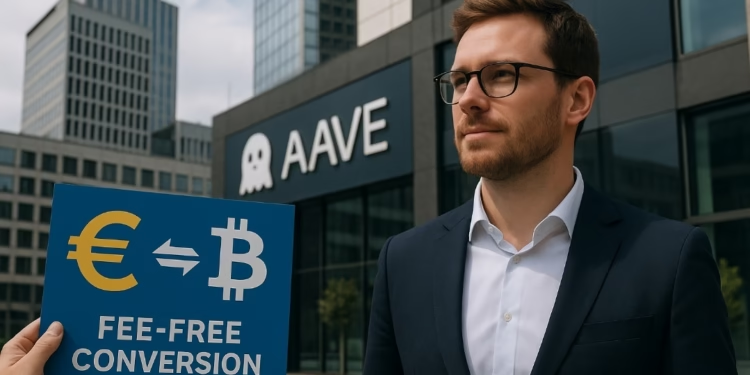Aave has become the first major decentralized finance protocol to secure regulatory authorization under the European Union’s Markets in Crypto-Assets (MiCA) framework, winning approval from the Central Bank of Ireland to offer fee-free stablecoin conversion services across the 27-nation bloc.
The authorization allows Aave’s new “Push” platform to process euro-to-crypto conversions through its Irish subsidiary, including conversions into the protocol’s native GHO stablecoin.
The approval positions Aave to compete directly with centralized exchanges by eliminating the conversion fees that have traditionally pushed users toward platforms like Coinbase and Kraken.
“Aave’s approval demonstrates that compliant DeFi can scale while maintaining user protections,” said Patrick Casey, fintech policy advisor at the European Digital Finance Association. “Bringing a zero-fee stablecoin ramp under MiCA is a turning point for the EU market.”
Ireland strengthens position as a MiCA compliance hub
Aave’s decision to base its European operations in Ireland reflects the country’s growing status as a preferred regulatory home for compliant on-chain finance. The move follows Kraken’s June 25 authorization, which similarly allowed the exchange to expand its offerings across the EU under MiCA’s passporting rules.
Analysts say Ireland is emerging as a strategic hub for stablecoin issuers, payment innovators and DeFi protocols seeking predictable oversight under MiCA’s structured supervision framework. The European Securities and Markets Authority (ESMA) has repeatedly emphasized that liquidity providers and stablecoin issuers must demonstrate strong disclosures, operational resilience, and investor protections requirements Aave now satisfies.
The timing is significant: global stablecoin supply surpassed $300 billion in 2025, with CoinGecko recording a total market cap of $312 billion, reflecting strong demand for transparent, regulated and increasingly zero-fee stablecoin solutions.
“Stablecoin infrastructure is maturing quickly,” said Elise Meyer, EU digital assets researcher at the Centre for Financial Innovation. “Providers that introduce compliant, zero-fee stablecoin access under MiCA will shape how Europeans adopt crypto in the coming years.”
Push platform introduces regulated zero-fee stablecoin conversions
With its MiCA authorization finalized, Aave’s Push service will now offer regulated on- and off-ramps for GHO and other integrated stablecoins, operating as a fully supervised payment and exchange provider. The protocol confirmed that conversion fees are set to zero, making Push one of the first EU-regulated zero-fee stablecoin ramps.
Although Aave promoted Push as a zero-fee stablecoin solution, the company did not clarify whether this pricing is permanent or an introductory design to accelerate user adoption.
Aave Labs said in its announcement that compliant infrastructure is essential for onboarding mainstream users into DeFi, noting that a regulated zero-fee stablecoin pathway offers predictability missing from most centralized exchange models.
By eliminating reliance on CEXs for fiat-to-crypto bridging, Push is expected to reduce one of the biggest frictions preventing institutional and retail users from entering the DeFi ecosystem. The company emphasized that a regulated zero-fee stablecoin bridge could serve as a template for other protocols seeking to scale within MiCA’s rules.
The approval is notable given Aave’s footprint: according to DefiLlama, the protocol processed more than $542 million in volume in the past 24 hours, and user borrowing across its lending pools has surpassed $22.8 billion highlighting the relevance of a regulated zero-fee stablecoin conversion rail that supports billions in liquidity.
What MiCA approval means for DeFi’s regulatory future
For policymakers, Aave’s authorization marks one of the first tests of MiCA’s ability to govern decentralized protocols without stifling innovation. For DeFi developers, it signals that regulatory alignment is possible particularly for systems offering transparent, audited access to stablecoins.
The introduction of a regulated, zero-fee stablecoin service in the EU could accelerate competition between DeFi platforms and centralized exchanges, many of which still impose conversion fees. It also positions Aave as a first mover in a landscape where institutional interest in stablecoins is surging.
With MiCA now in force, and Aave operating a fully compliant zero-fee stablecoin ramp, the EU appears poised to become a global proving ground for regulated on-chain finance and a blueprint for jurisdictions still designing their own digital-asset frameworks.











